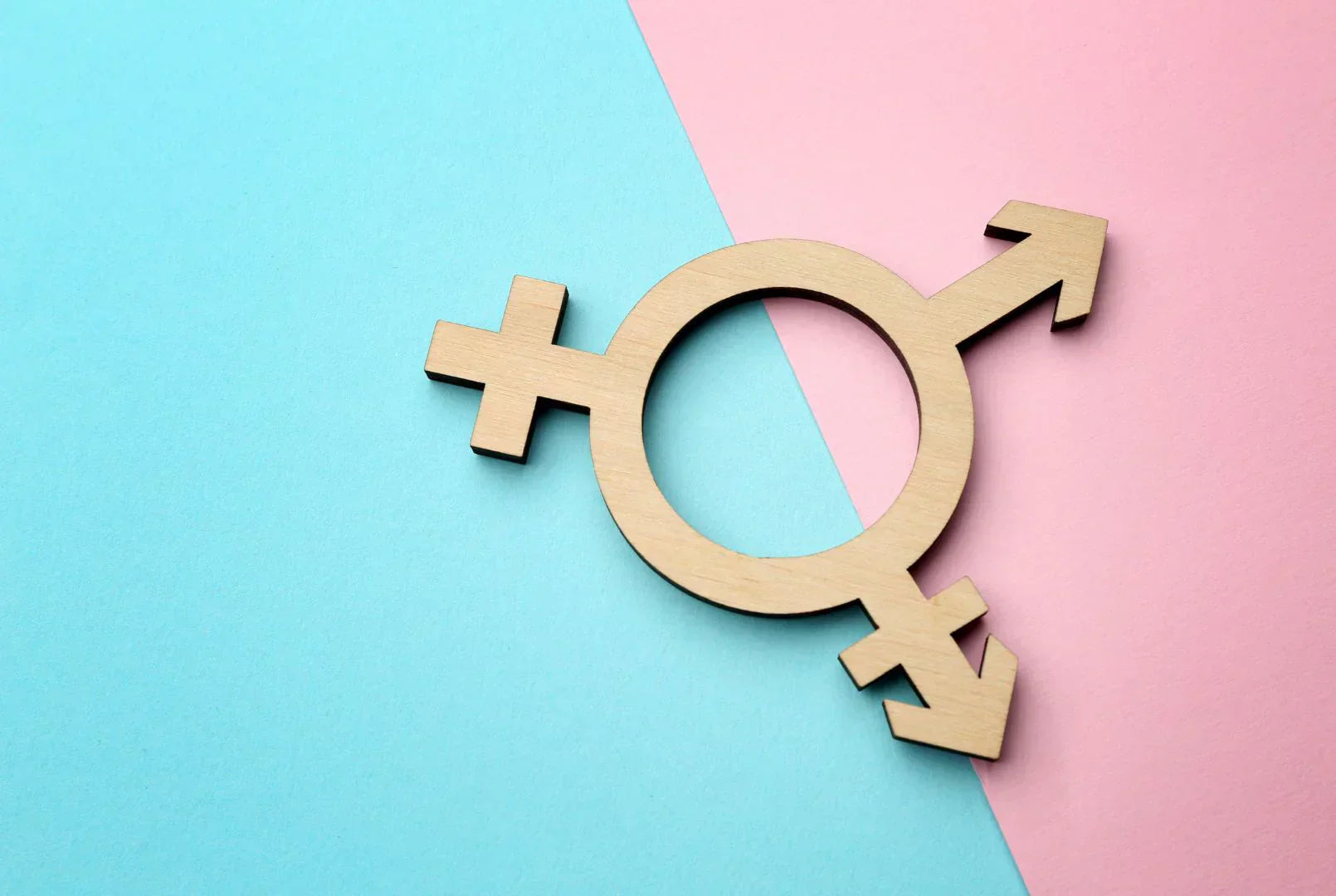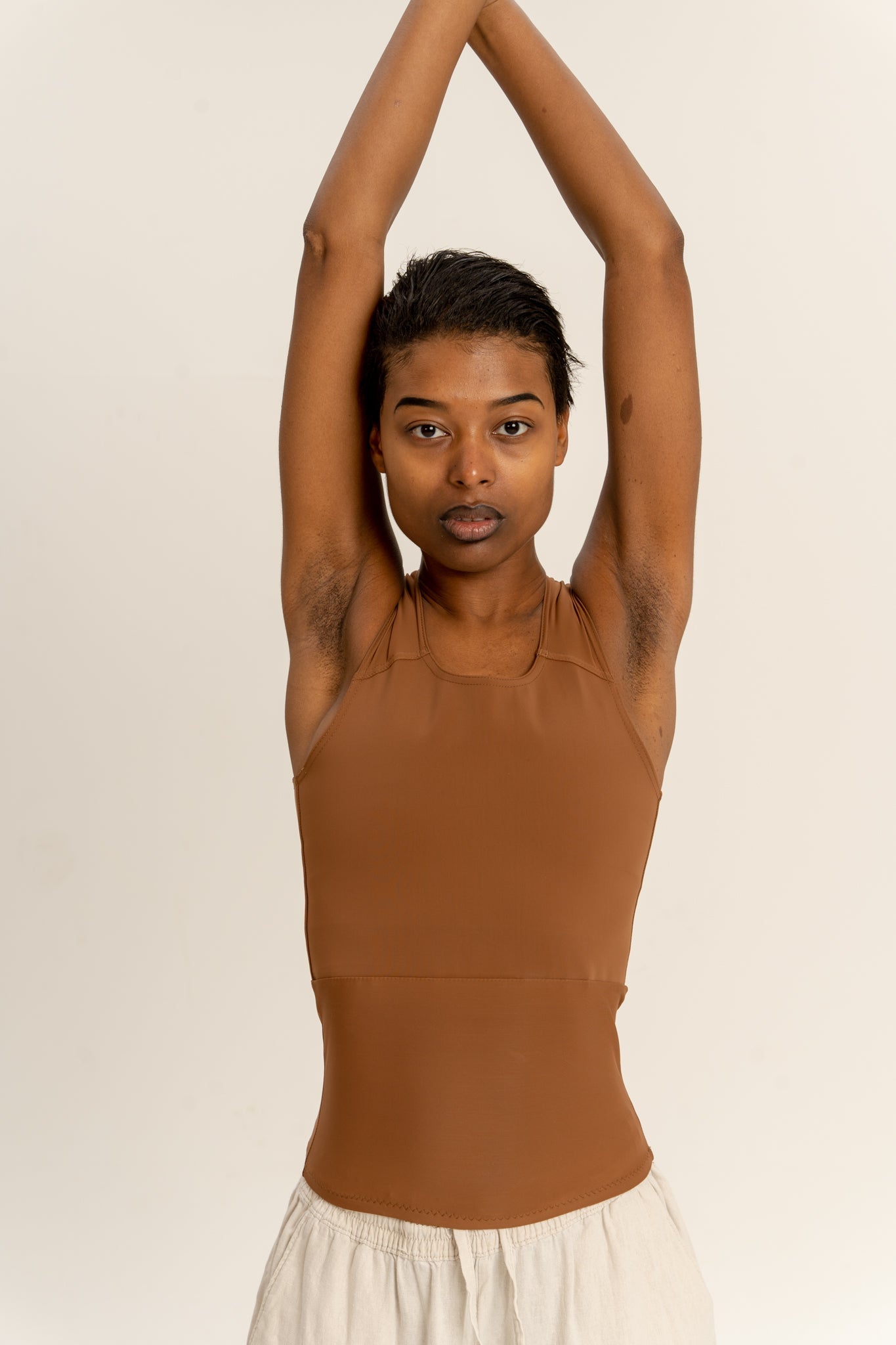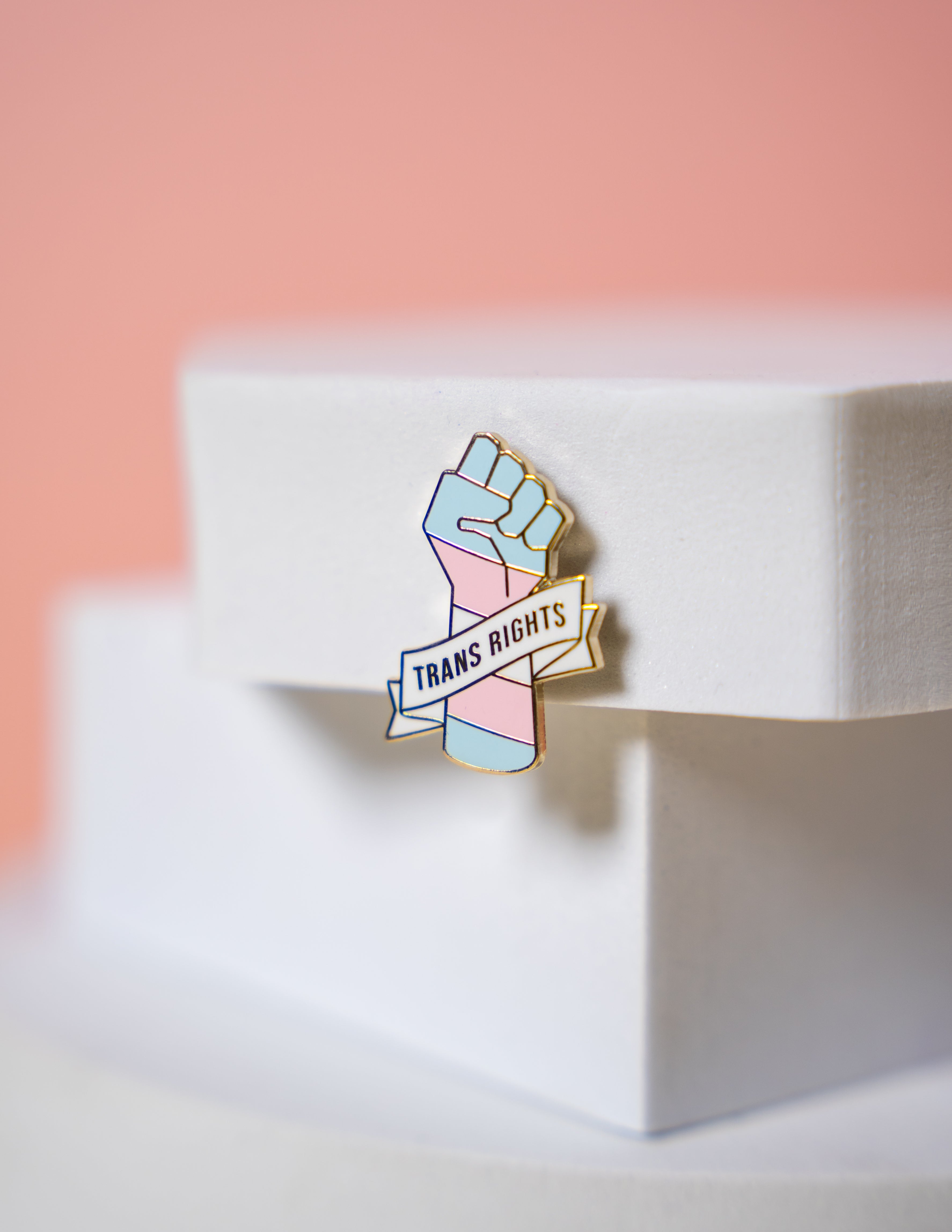The Merriam Webster Dictionary defines Gender Dysphoria as: “A distressed state arising from conflict between a person's gender identity and the sex the person has or was identified as having at birth.” The key part of this definition being that it causes the person distress. Everyone is different and people have varying levels of dysphoria, which can also change over time; some people have no dysphoria at all.
Many people do not have a medical aspect to their transition. For those that do, their dysphoria is not helped by long wait times for treatment. This could be for hormone replacement therapy or operations such as chest surgery.
While we are very lucky in the UK to have a National Health Service which allows us to access medical care on an (almost) free basis, there are extensive waiting times which have also been affected by the pandemic.
Dysphoria can be particularly difficult to deal with as you take it with you wherever you go. We understand the importance of developing healthy coping mechanisms and distracting yourself from feeling that distress.
Here are some of my suggestions for the best ways to help if dysphoria is getting you down. I hope they help!
Jack - Spectrum Outfitters Founder
Body Hair
It may make you feel good to take the time to make your body feel more like your own in the little ways that you can! You could cut or dye your hair. If you can't do that, it may help to put your hair under a hat that you like. You could shave or not shave your body hair and face. Even if you can't grow facial hair it's nice to feel in control of the way that you look. Some people find using make up to contour their face or to fill in their beard/eyebrows can help make you look more masculine/feminine as desired, there are lots of masculinising makeup tutorials available.
Hygiene Products
Using products that are gender affirming can also help tackle dysphoria, like strong smelling shower gels, aftershave, soaps etc. Being comfortable and confident at home when you are alone is important. It is ok to avoid or cover mirrors, keep underwear on while washing or use bath bombs or products to cloud water etc. As long as you are able to maintain bodily hygiene, do what works for you!
Clothing
You could wear clothes which you feel are gender affirming. This doesn't always mean baggy clothes, though some people find it helpful as it changes their silhouette. Finding clothing that helps you show your unique personality can be very freeing. Even if you aren’t out and are only able to wear subtle things like a badge.
Working Out
Other activities could include physical activity. Some people find it helpful to work out (at home or at the gym) as it can make you feel like you are constructively working on your body towards your own aesthetic and health goals. This doesn’t always mean intense training, just taking a walk once a day can really improve mental health.
Voice Training
A lot of people feel dysphoric about their voice, it can help to do voice training exercises, there are lots on YouTube, and also to sing along to songs that are in the vocal range you aspire to, and try to match their pitch! It is also important to try to remember that speaking from your chest (it may take practice) can give you a lower sounding and louder voice.
Write your tips in the comments to help someone else out.









